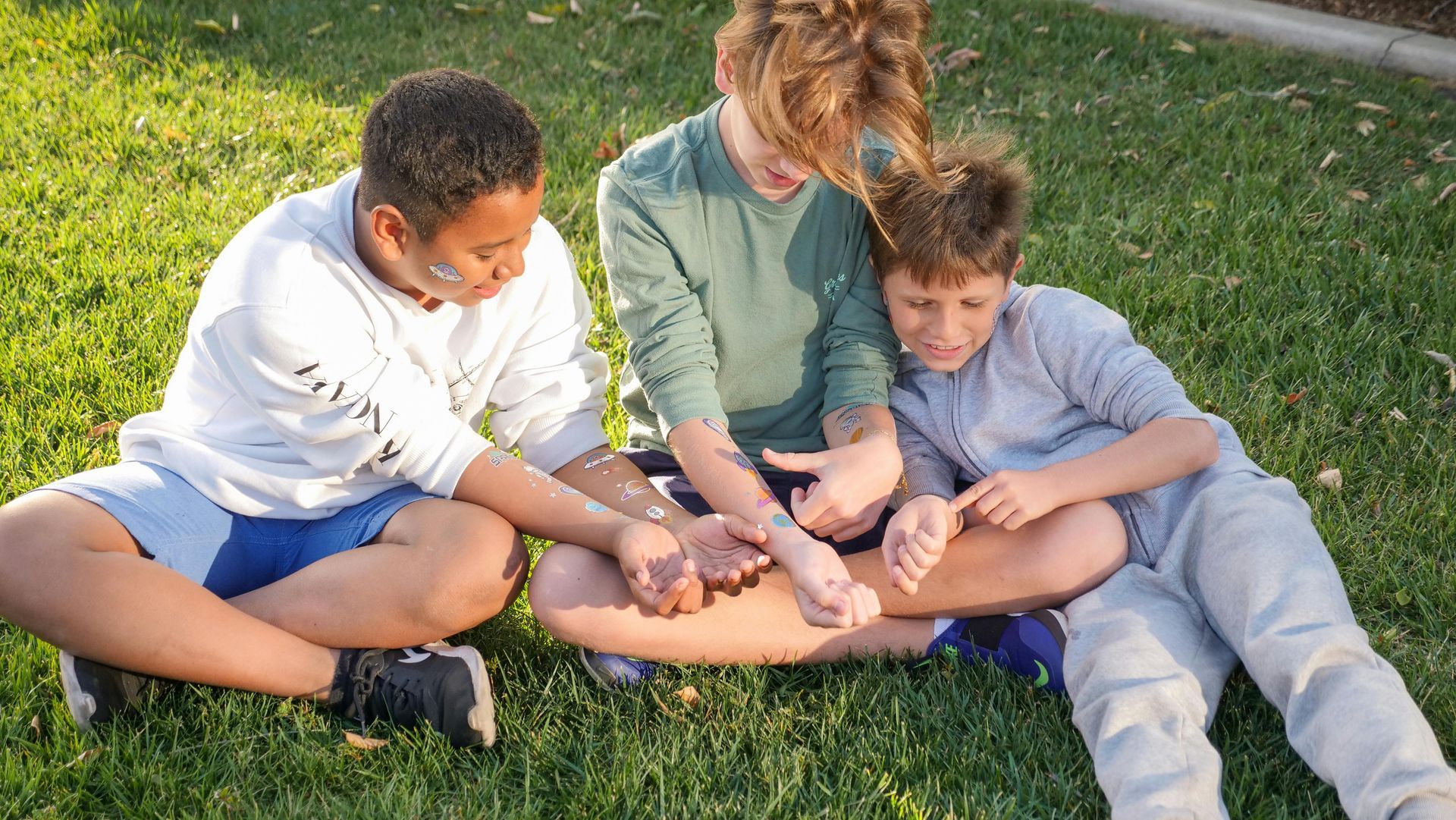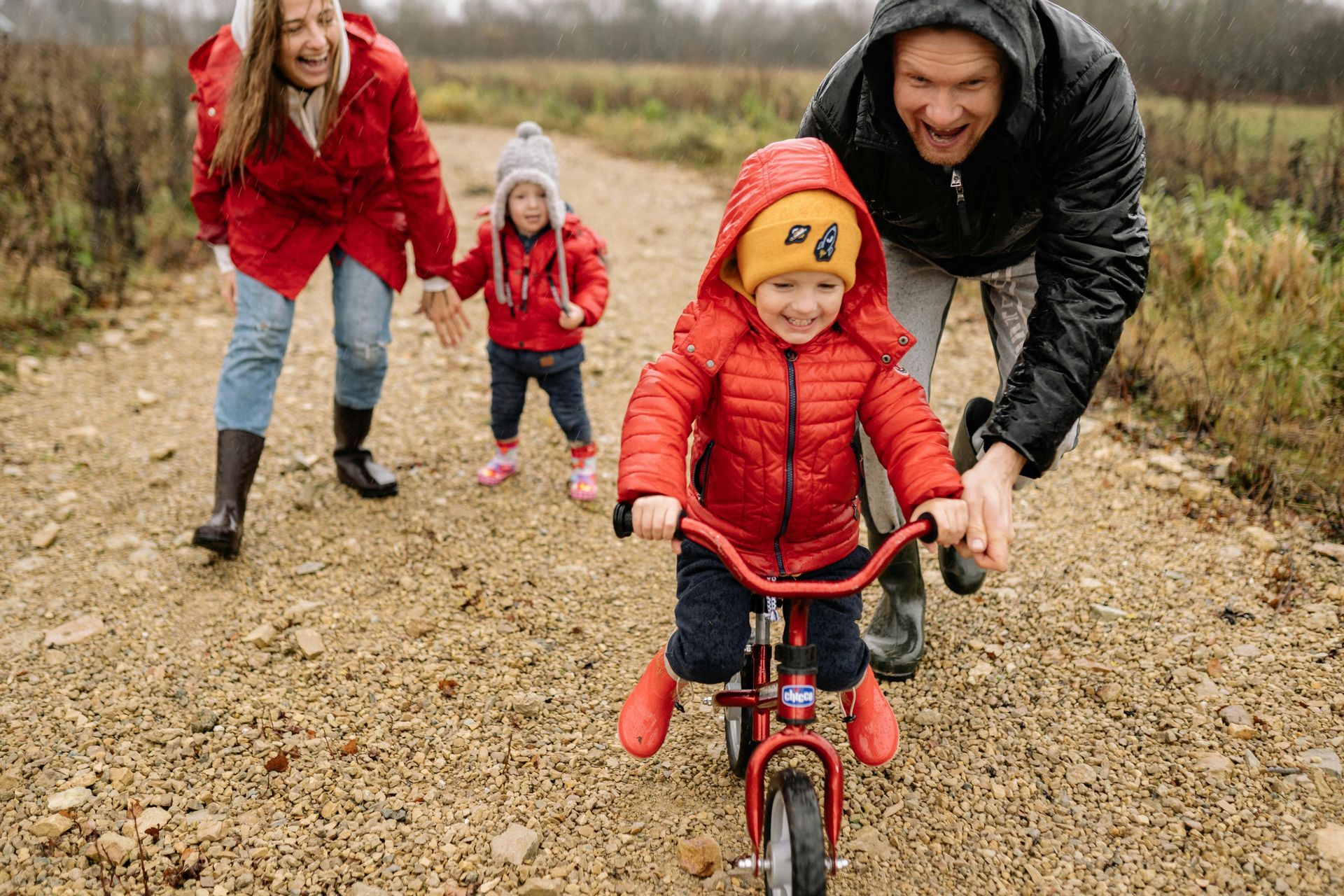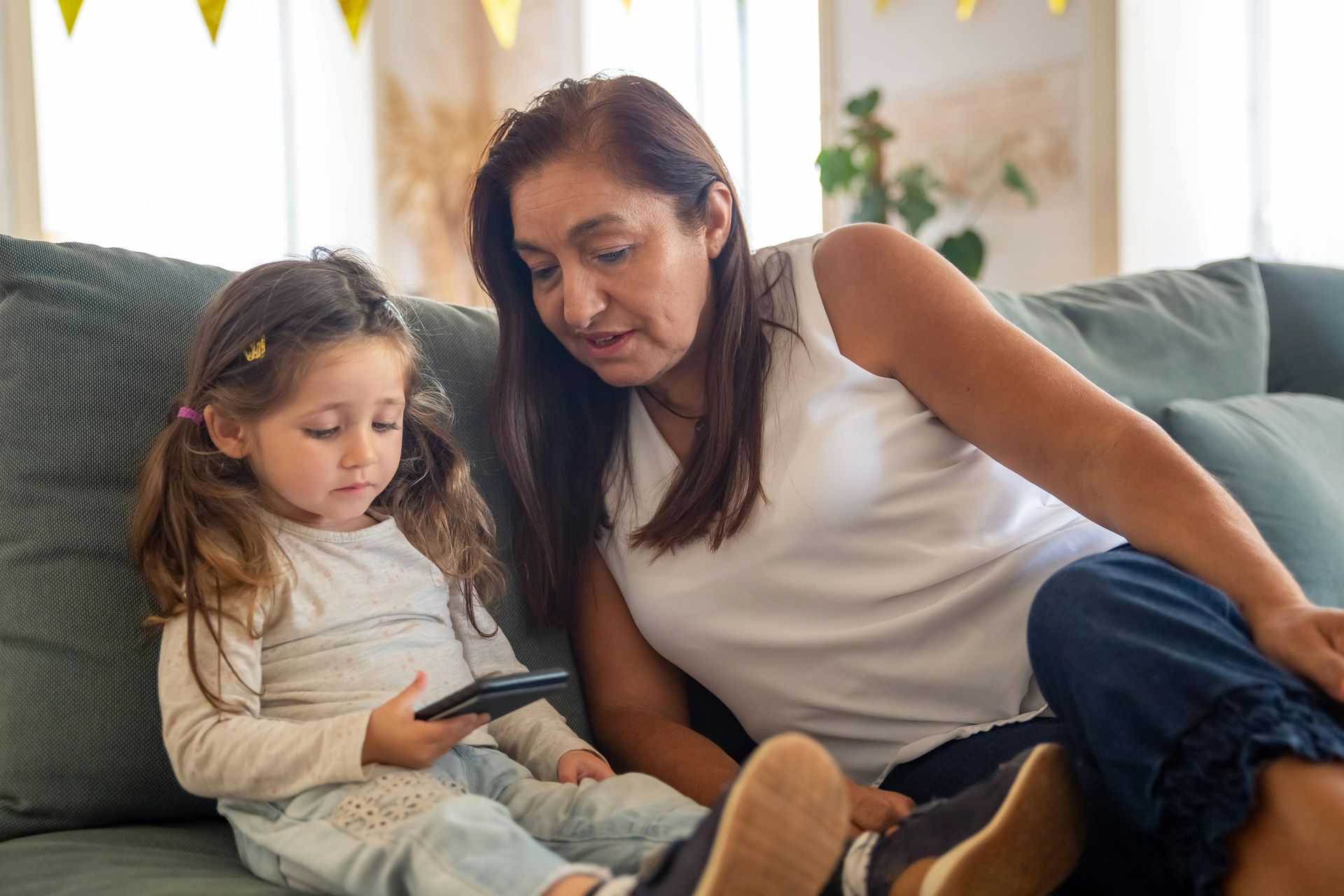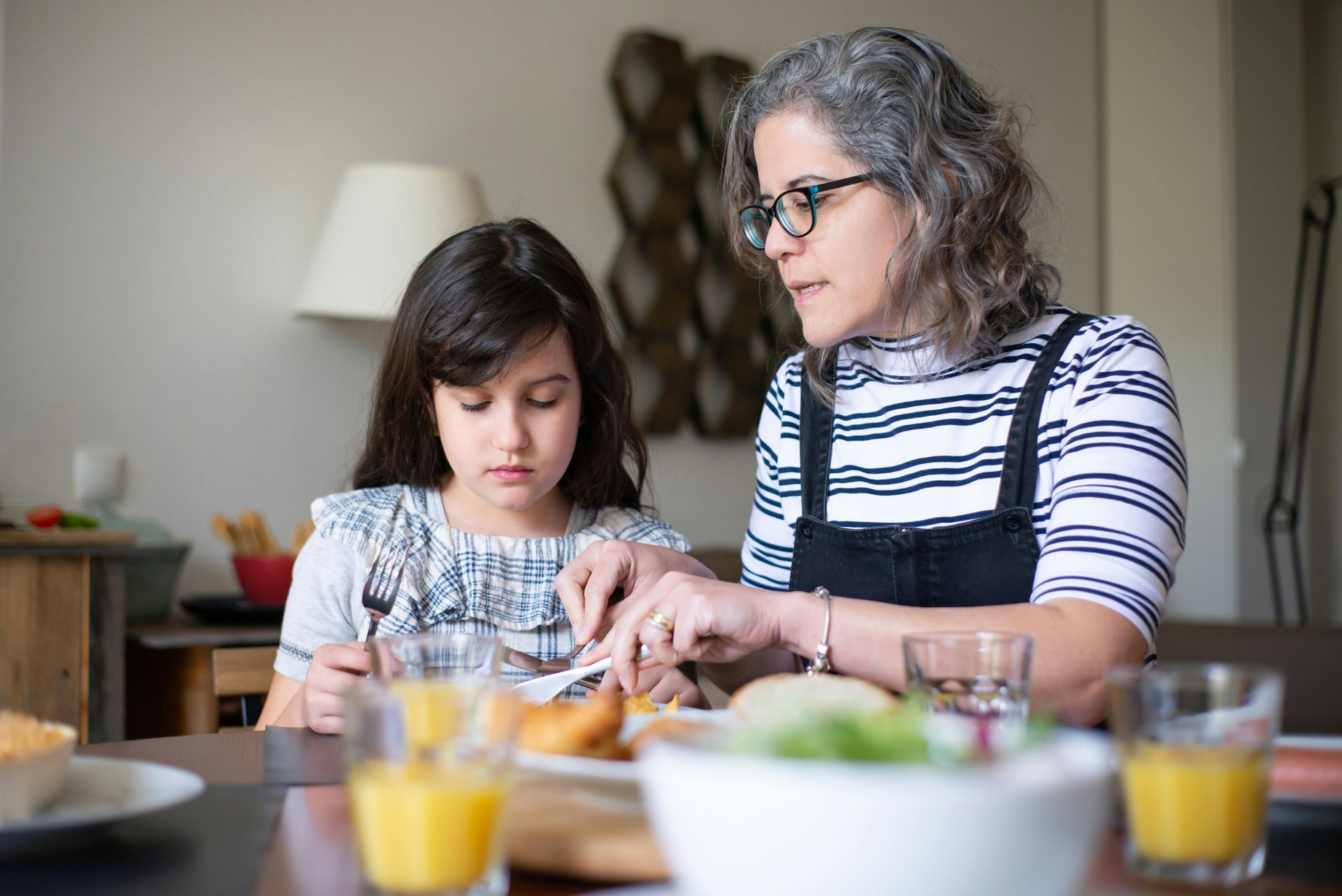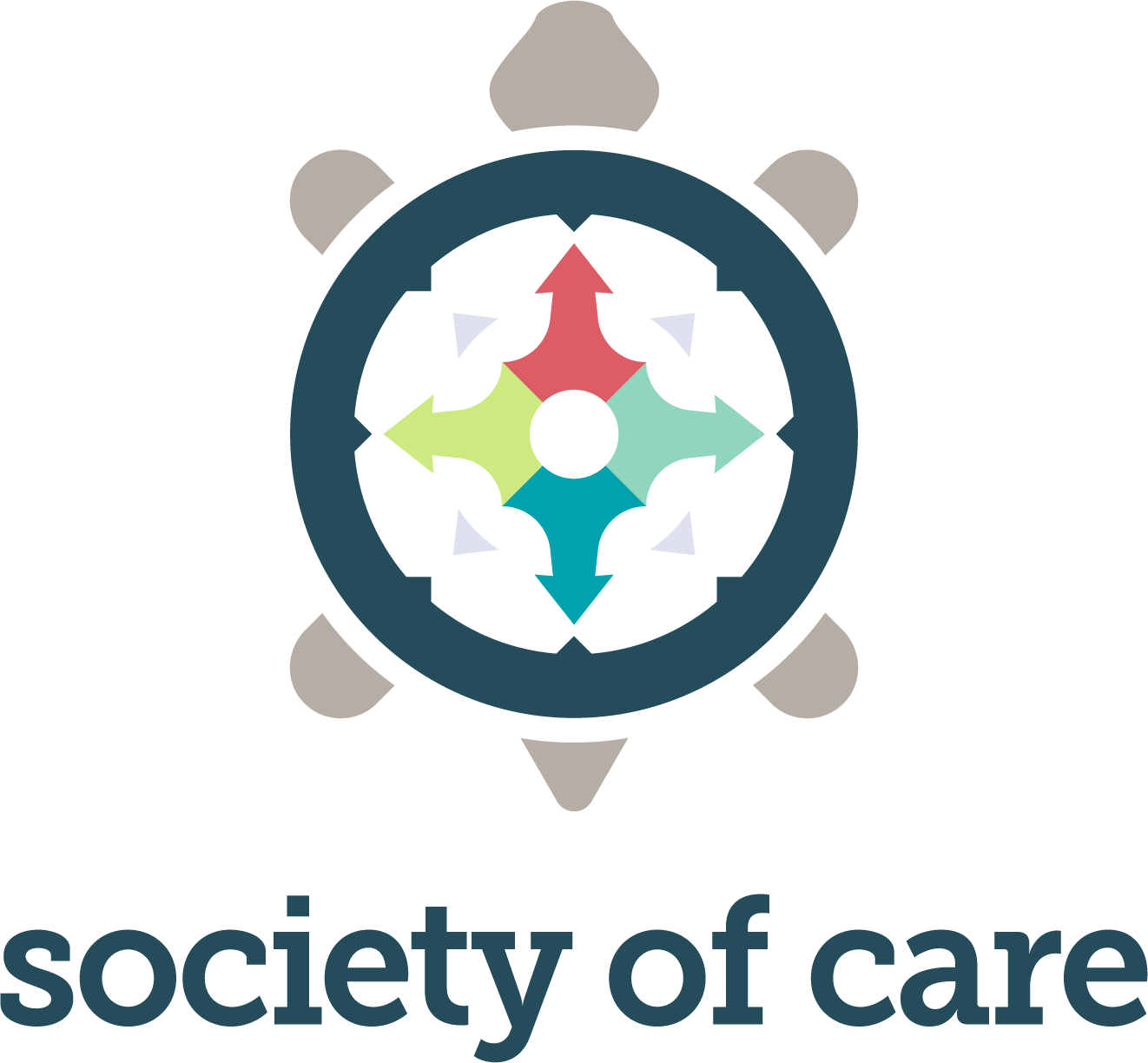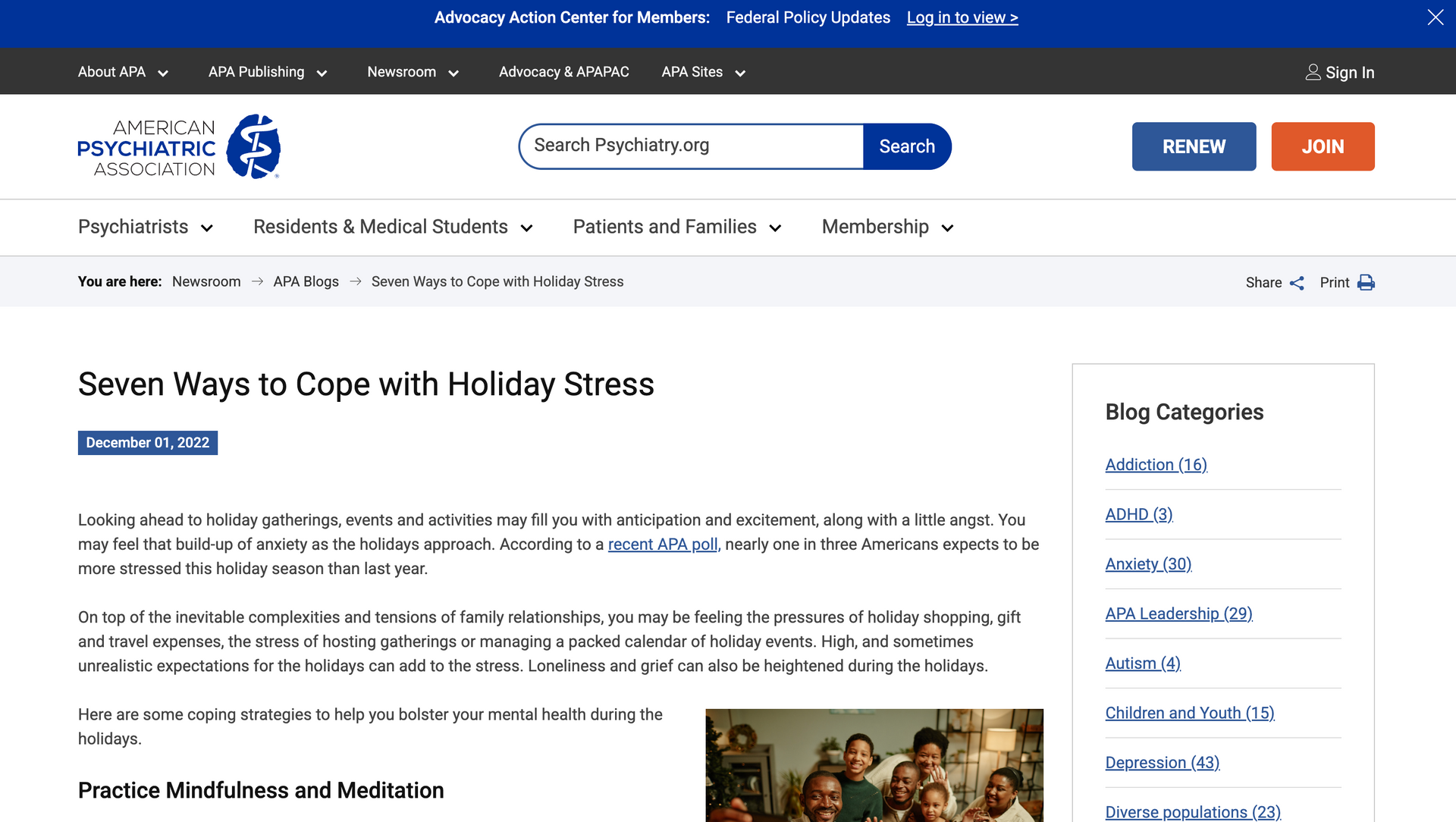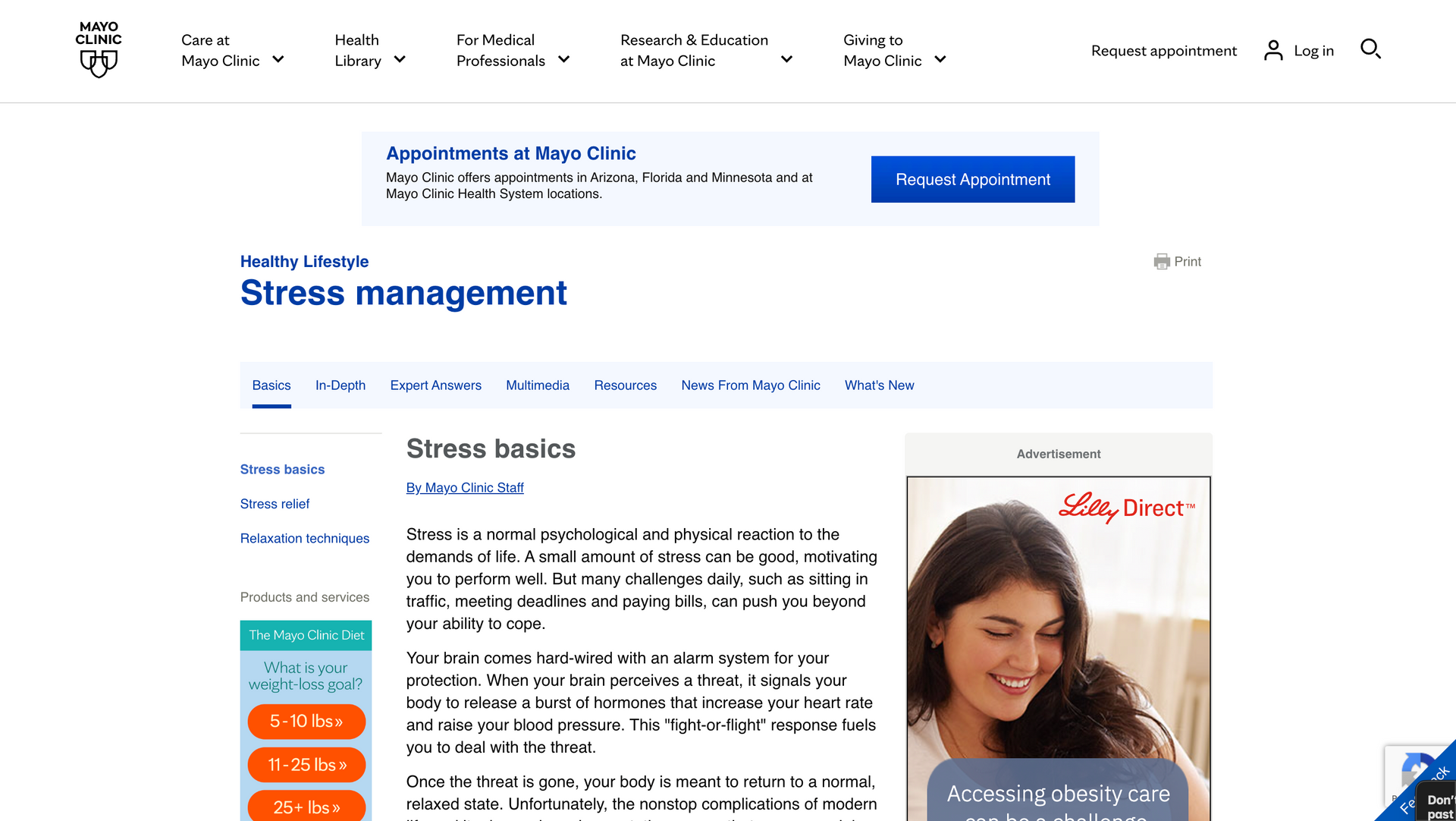Preparing for the Holidays with Less Stress and More Connection
The holiday season brings a mix of excitement, tradition, and togetherness. For many families, especially those balancing caregiving responsibilities, it can also bring added pressure. The pace often speeds up, schedules fill quickly, and expectations both spoken and unspoken, begin to rise.
This time of year doesn’t have to feel overwhelming. With a little planning and a lot of grace, caregivers and families can create a season centered around connection, simplicity, and well-being.
Why the Holidays Can Feel Overwhelming for Caregivers
Caregivers often carry emotional, physical, and logistical responsibilities year-round. When the holidays arrive, those responsibilities can increase without warning. There may be more social gatherings, additional errands, or changes to daily routines. Even the pressure to “make the season special” can weigh heavily.
Recognizing these challenges is the first step toward creating a more peaceful season. When caregivers allow themselves room to prepare and prioritize, the holidays become more manageable and far more meaningful.
Simple Ways to Reduce Holiday Stress
1. Set gentle expectations for yourself and others.
You don’t need to make everything perfect. Instead, consider what truly matters to you and your loved ones. Ask yourself what feels manageable and what can be simplified or let go. Small adjustments can make the entire season feel lighter.
2. Create a flexible plan.
A little structure goes a long way. Start by listing what needs to be done, then choose what can be spaced out or shared with others. Build in downtime so you’re not rushing from one thing to the next. Allow for changes and remember that the plan exists to support you, not to overwhelm you.
3. Focus on meaningful moments, not obligations.
Connection doesn’t require elaborate activities. A quiet conversation, a shared meal, or a moment of reflection can bring more joy than a full schedule. Choose experiences that feel supportive and nourishing rather than tiring.
4. Prepare your environment for calm.
Create a peaceful space that helps everyone unwind. Soft lighting, cozy blankets, familiar music, or simple decorations can help set a comfortable tone. A calming environment supports emotional well-being and can ease the stress that often comes with a busy season.
Supporting Loved Ones During This Season
Caregiving often involves understanding how changes in routine affect those you support. The holidays can be overstimulating for some and emotionally challenging for others. Here are a few small ways to help:
- Check in often. A gentle question like, “How are you feeling about everything this week?” can open the door to meaningful conversation.
- Keep routines when possible. Predictability creates comfort, especially for children, older adults, and individuals managing chronic illnesses.
- Offer grounding moments. When the day feels busy, pause together for a warm drink, a deep breath, or a quiet moment outside.
- Create choices, not pressure. Allow loved ones to participate in ways that feel comfortable for them.
These simple acts of care can help everyone feel more balanced and supported.
Making Space for Caregiver Well-Being
It’s easy for caregivers to put themselves last during this time of year. Instead, try to give yourself the same care you offer others.
- Take a short walk if the weather allows.
- Enjoy a quiet morning or evening ritual.
- Give yourself permission to rest without guilt.
- Say no when something doesn’t fit your capacity.
Your well-being shapes the tone of the season. When you slow down, breathe deeply, and care for yourself, you’re better able to create moments of peace and connection for those around you.
Embracing a Season of Connection
The holidays aren’t defined by how much you do. They’re defined by how you feel and how you show up for the people around you. When you choose connection over perfection, the season becomes kinder and more sustainable.
By simplifying plans, honoring your limits, and staying present with the people you love, you create a meaningful holiday experience. One that feels grounded, warm, and truly connected.
You deserve a season filled with ease, joy, and moments that make you smile.
Looking for more simple, supportive tools for the loved ones in your care? Enjoy these additional resources and explore our blog for ideas that help you nurture connection, one moment at a time. Or, Join our mailing list where we share more resources that accompany our blog posts.
Join Our Mailing List
